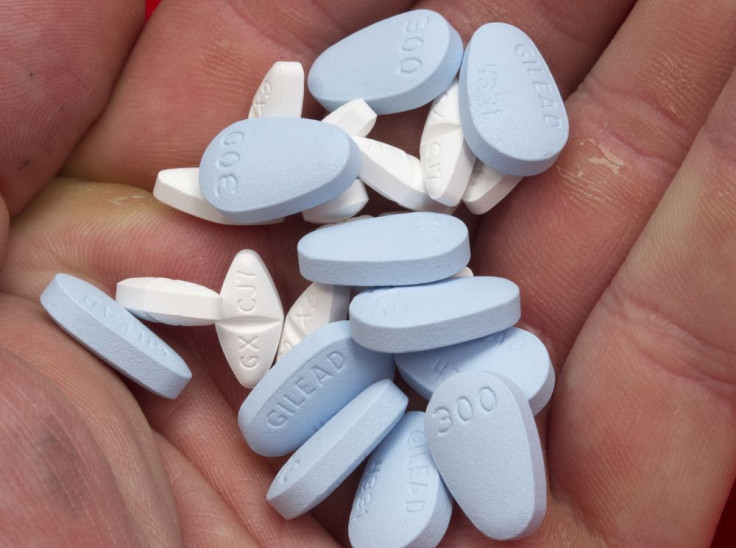HIV Prevention Pill, Truvada, Proven Tremendously Effective When Taken Both Before And After Risky Sex

A recent study has shown that the drug Truvada is highly effective in preventing new HIV infections in gay men when taken either as a daily pill or as a one-time prevention measure before and after risky sex. These new findings give hope that the drug will soon play an integral role in reducing the number of new HIV infections.
Truvada, a pill which uses a combination of the strong antiviral drugs emtricitabine and tenofovir, was approved by the FDA for use in those already infected with HIV in 2004. In 2012, when it was found that daily doses of Truvada could work to lower the risk of HIV infection by up to 96 percent, the drug was approved as the first and only preventive measure against possible HIV infections. While the FDA approvals were considered majors wins in the fight against the spread of HIV, some experts worried that many at-risk individuals would be unable to take the drug on a daily basis, and thus compromise its effectiveness.
In a more recent study, which started in February 2012 and ended in October 2014, researchers investigated the drug’s effectiveness when taken less routinely. Business Insider reported that the study involved 400 gay male participants who were having sex an average of 10 times a month with an average of eight partners every two months. Half of the participants were given a placebo, while the other half Truvada two to 24 hours before sex and again 24 to 48 hours afterward.
The results from the study were presented on Feb. 24, 2015 at the Conference on Retroviruses and Opportunistic Infections in Seattle, Wash.
The study found that those who took the pill reduced their HIV risk by 86 percent when compared to those given the placebo. These figures are promising, suggesting that Truvada may become an “on demand” protection against the virus for homosexual men planning on engaging in risky sexual activity.
Unfortunately, the drug’s effectiveness, when taken intermittently, has not yet been tested on heterosexual men and women, or those who are in danger of contracting the virus through sharing intravenous needles. Currently, studies are being conducted in Kenya and Uganda to test Truvada’s effectiveness in stopping the transmission of HIV in monogamous couples where one partner is HIV positive and the other in not.
"Preliminary results show that this dual strategy reduced the risk of HIV infection by 96 percent," explained Jonathan Mermin, director of the CDC’s National Center for HIV/AIDS, as reported by Business Insider.
While daily doses of Truvada are still recommended by the CDC for at-risk individuals, these new findings are important because in the fight against HIV we need as many options as possible.
"People choose different prevention methods. What we want is for them to choose effective ones and to use them regularly," Mermin said.
Published by Medicaldaily.com



























